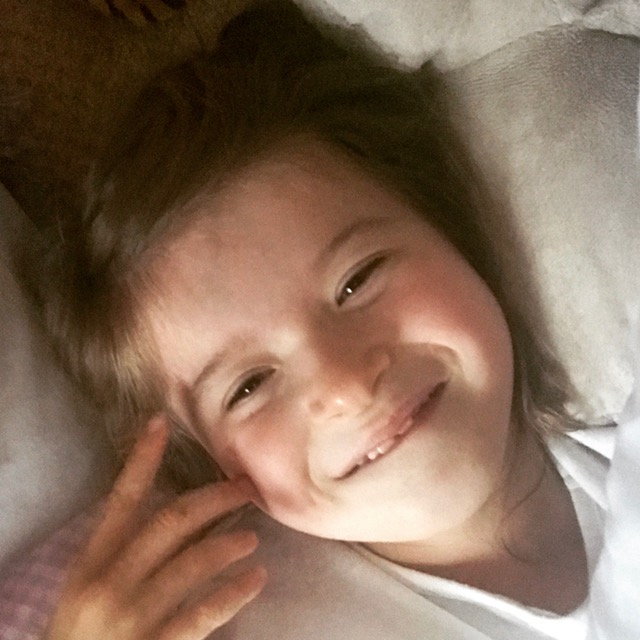Ah, Christmas. That time of year when life suddenly lights up with Christmas trees, decorations, and ads flashing the must-have gifts for our children.
Don’t get me wrong, I do like Christmas. As a child growing up my parents LOVED it….and still do! Regardless of what else was going on in their lives, they always made it a magical and indulgent time of year for me and my sister. I’m very grateful to them for giving us that experience.
Over the years, I’ve tried hard to continue their enthusiasm with my own children. Long-time followers of this page will know that once upon a time, I put particular effort into creating a sensory advent calendar each year for them to enjoy. Inspired by Tilly’s sensory preferences, and seeing it as a way to engage her in the festivities in a way she could understand, every day saw us do a different sensory-based activity that her little brother Elliot could get involved with too. In fact, he loved it, and I do think that seeing him get involved in each activity really helped to get her attention too.

Now that he’s almost 12, Elliot’s interest in playing with cinnamon scented rice or dancing around the living room with disco lights flashing has faded somewhat! He’s way too cool for that kind of nonsense now. Life is so busy for us all now too so we just don’t really have the time or energy for a sensory advent calendar. Even though I didn’t work when the kids were younger and had slightly more time, it was exhausting – creating 24 different sensory activities was a bit of a slog. And on at least one of those 24 days, I replaced the activity with wine, chocolate, TV, or all 3 (for me!).
Over the years, I’ve relaxed my approach to Christmas with Tilly – no longer fighting my own feelings to find a way for her to get on board with it in a neurotypical way. In fact, I’ve realised that I’ve been guilty of trying to get her to change or adapt so that she fits into our world when really we should have been adapting how we approach Christmas and all the craziness it brings to suit her world. Ableism? Yep, guilty! 🙋🏻♀️
So what can you do if you have a child who might not understand Christmas, or is too overwhelmed by it? These are my tips (learned by making my own mistakes over the years):
1). Don’t worry about finding the perfect gift. If there isn’t anything obvious that your child needs or might want, don’t spend money on something out of guilt. We have many toys that we ‘hoped’ might interest her but they all spent the rest of the year untouched in a box in her bedroom. We now get her a couple of small things, usually sensory or musical based, that we can wrap up so she can open them if and when she feels like it.
2). If you’re following my first tip but still want to spend the money you’d normally use to buy a big gift for your child, you could put it in a savings account for future use (lots of equipment our kids need cost a lot of money), or use it to give their bedroom a makeover.
3). Be aware that all of the extra sensory input they’re likely to get over the festive period could result in a child who gets overstimulated much quicker. There are bright lights everywhere, Christmas music playing, busier environments, more activities, and a general feeling that everything is faster paced. If we notice a difference in how life feels crazier during the lead up to Christmas, there’s a good chance that our kids will have noticed it too, and might be struggling to process it. Pay attention to their cues and give them calm downtime when needed.
4). Be open and honest with family and friends if there are social occasions when your child might be included. Is there a space set up they can escape to for some quiet, self-regulating time? Does it put too much pressure on your child if they’re asked to sit with you at a noisy, busy dinner table? Can they eat at a different, quieter time? A little bit of preparation beforehand can really help to make social situations run more smoothly.
5). The big day itself. My biggest tip is to take the pressure off yourself and your child. Follow their lead and if they don’t want to join the rest of the family in traditions like opening presents, or eating dinner together then give them the space they need. Christmas Day happens once a year – and that means that the routine that children normally expect for the other 364 days of the year suddenly changes. That in itself can be overwhelming. When you add in all of the new sensory experiences that come with a typical Christmas Day – unwrapping Christmas presents, more people around who might be louder and more excited than normal, different smells from the kitchen – it’s not surprising that it can become too much very quickly. Take a step back and view Christmas Day from their angle. Allow them to engage when they want and give them what they need to get through (even enjoy) their day.

Hope these tips help!


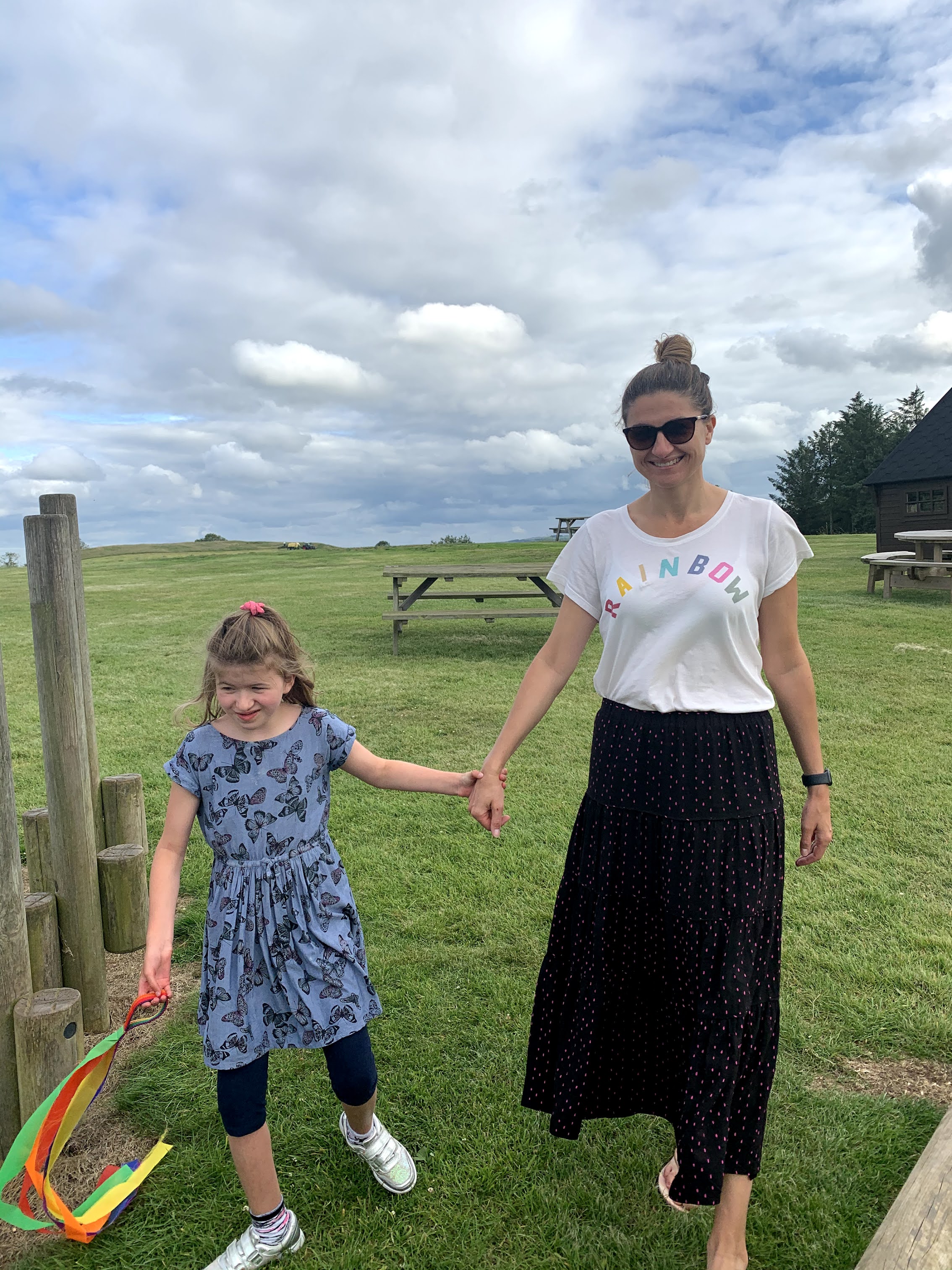
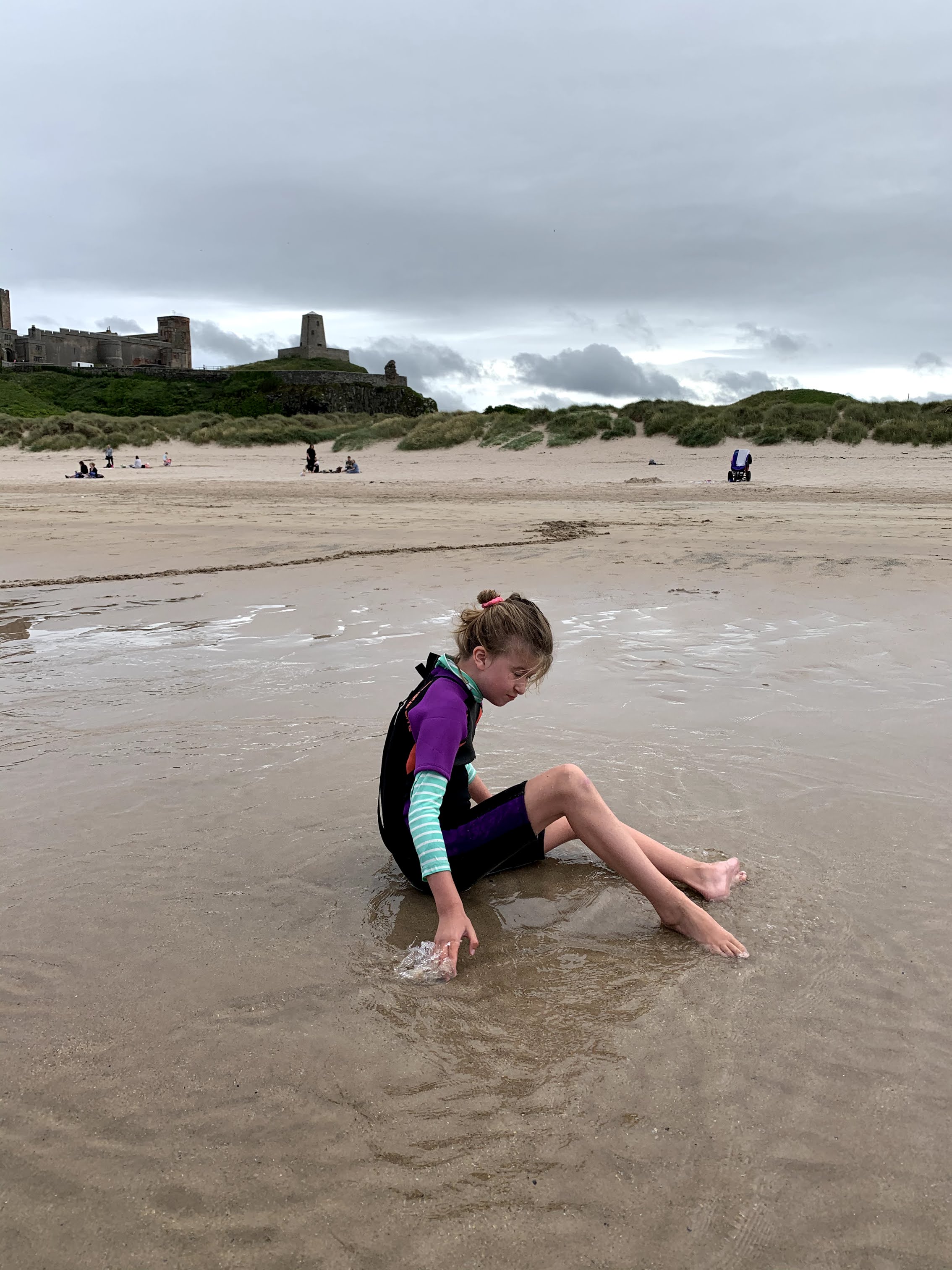
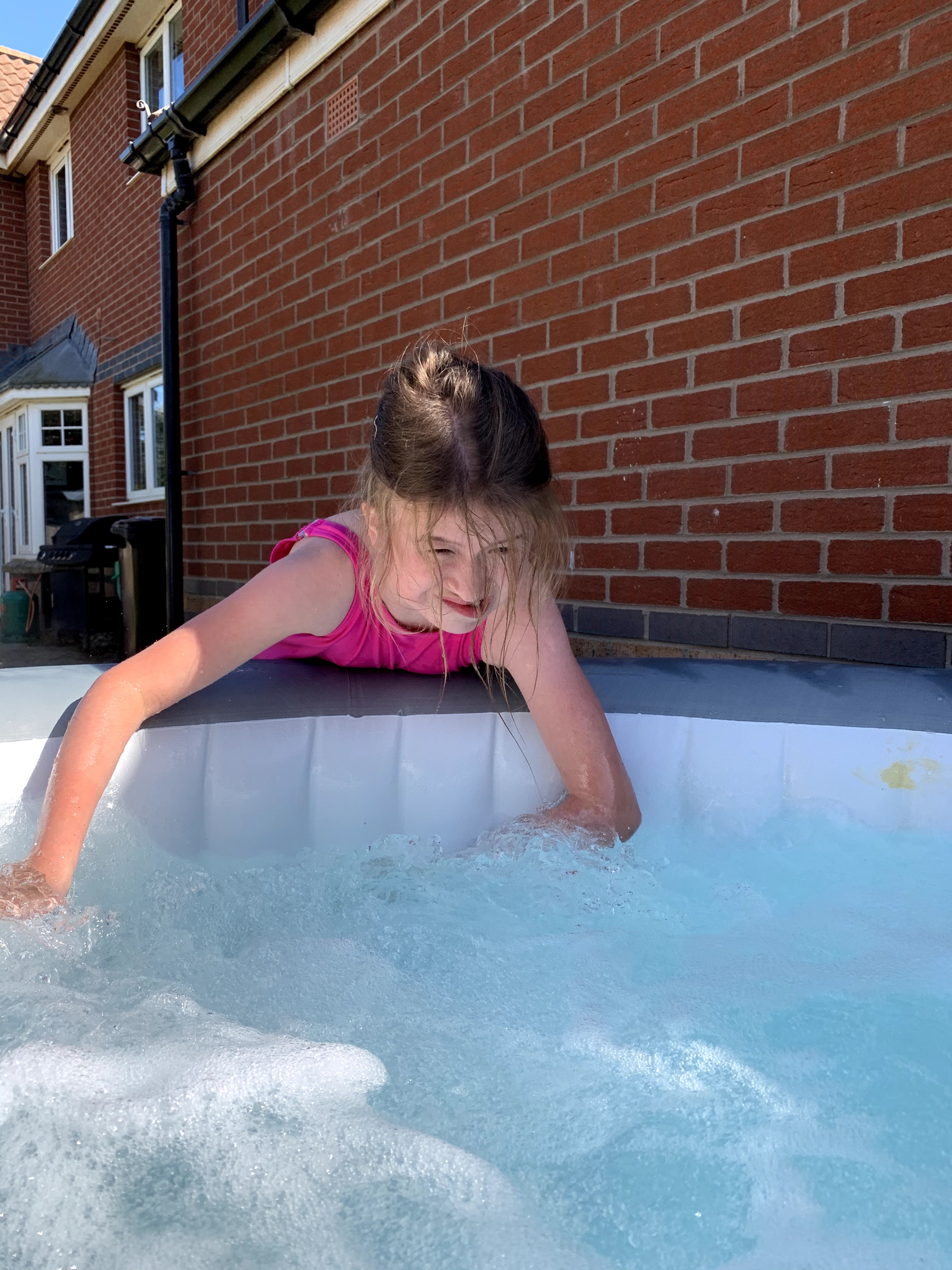
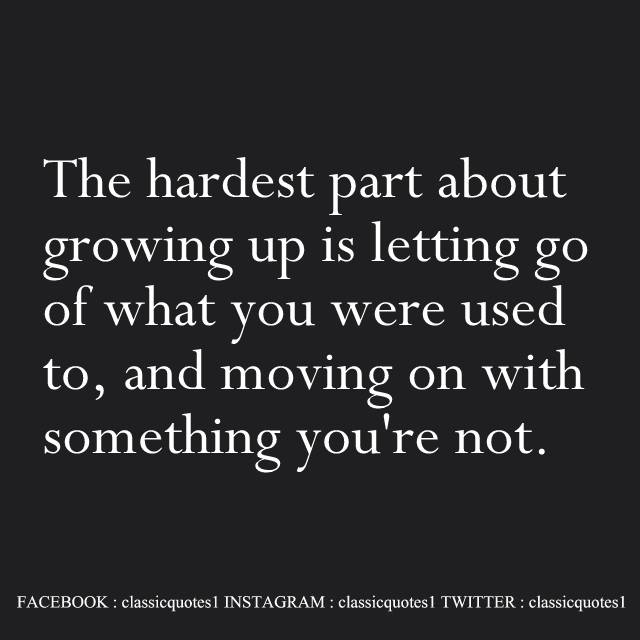
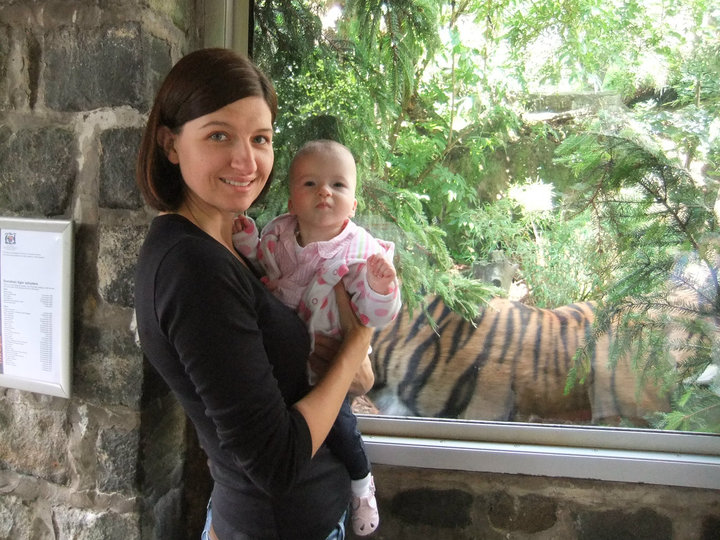
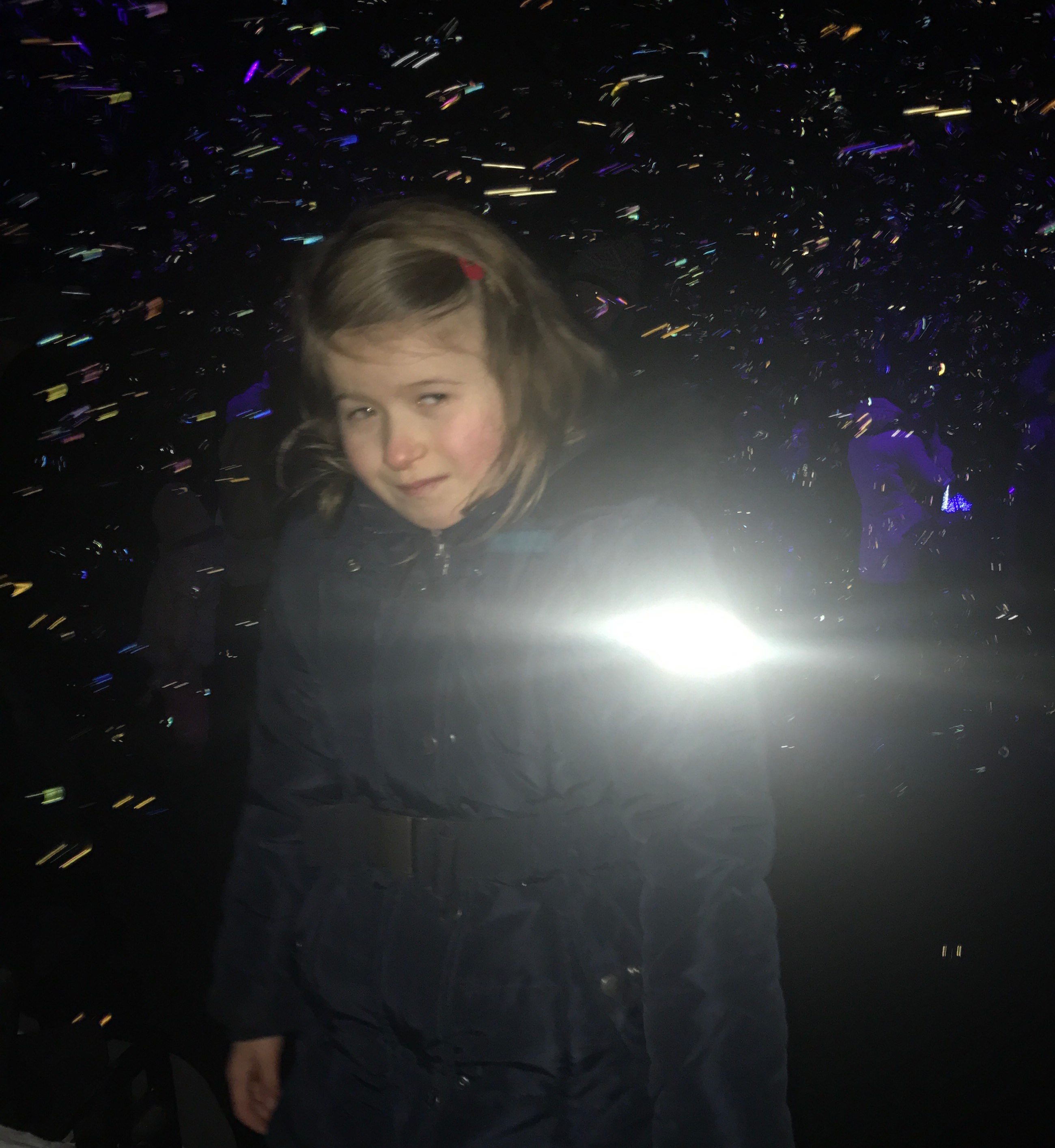 Who is this ‘not-so’ little girl in front of me?
Who is this ‘not-so’ little girl in front of me?